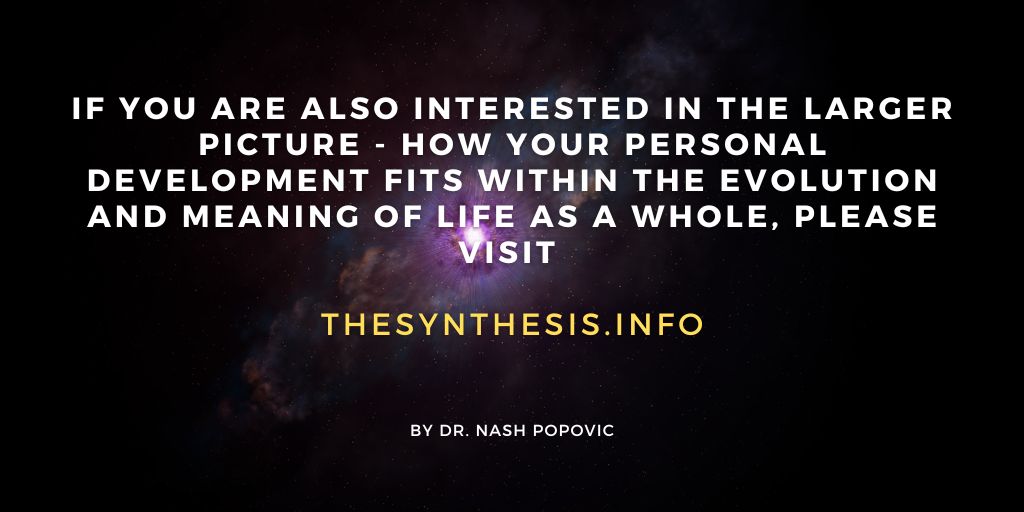5. Dealing with Feelings
People feel disturbed not by things, but by the views they take of them.
Epictetus (Stoic philosopher and former slave)
Feelings refer to the experiential, receptive aspect of an affect (e.g. feeling hurt, happy, confused, upset, etc.). The capacity to feel is a key difference between the animate (people, animals) and the inanimate (computers, robots). This is what it means to be alive! A common view is that we have little control over our feelings and are at their mercy, but this doesn’t have to be the case. The steps below can help you understand and manage your feelings.
Awareness of feelings
We don’t need to do anything special to become aware of our feelings – just stop for an instant to pay attention. However, this can be hard to remember, particularly in the heat of the moment. Furthermore, we often tend to ignore, bury, or hide especially ‘negative’ feelings. Some emotional reactions have the only purpose is to cover what we really feel (e.g. you lash out not to show that you feel hurt or vulnerable). These feelings may remain buried not just from others but ourselves too. Yet, there are several reasons why it is important to be aware of what we feel or felt:
- Feelings may be telling us something important.
- Ignoring feelings doesn’t make them disappear. Instead, we become unconscious of their influence, so we may start avoiding certain situations, thinking in a certain way, or developing some symptoms, and we won’t even know why.
- Deadening unpleasant feelings also reduces the experience of pleasant ones, as it dulls the overall capacity to feel.
- If we are not aware of our feelings, they are beyond our reach, and we can’t do much about them. Awareness is the first step to being more in charge. For example, feeling hurt is often behind our angry reactions. Dealing with anger will not be successful if we don’t acknowledge the underlying hurt.
This exercise can help you uncover concealed feelings:
Revealing hidden feelings:
Rewind the event in your mind and try to identify what you felt, perhaps only briefly, just before you reacted to the trigger. Now that you’re no longer in the situation, you can let yourself experience what you really felt. If still unsure, write freely about the event until the feeling surfaces. When it does, you may experience a shift in your body or a tension release; the initial emotional reaction may disappear or be replaced with another one (e.g., anger with crying). This may be intense, but it shouldn’t last long. Just relax, acknowledge the feeling and notince any thoughts or memories that resurface. This can help you reduce the unconscious influence of your feelings.
Sometimes you may be clear about what you feel but not why. To find out, check these three most common sources:
Situational factors: recall the situation in which you first noticed the feeling and then change it till your feeling disappears. This may involve altering environmental factors (temperature, lighting, noise), your physical state (being hungry or tired), the people present, or what they (or you!) did or said. When the feeling vanishes, the last element that changed is likely the trigger.
Expectations: if the feeling started before you engaged with the situation, it might be the result of negative expectations (e.g. “Nobody will like me”) leading to confirmation bias. If it came after, it may stem from unfulfilled positive expectations (e.g. “Everybody will love me.”), leading to disappointment. Adjust your expectations to see if that alters how you feel.
Associations: your feeling may be influenced by past experiences (e.g. you had an incident with somebody who had green eyes and now you may feel discomfort around anyone with green eyes). To see if this is the case, ask yourself if the feeling reminds you of anything. When did you last feel like that? If an association is involved, try to bracket it and look at the current situation afresh.
Change your mind to change how you feel
Once we are clear about what we feel and why, we can check if they are valid and adjust them if necessary. The purpose of feelings is to register how experiences affect us, but they are not always accurate. Even pleasant ones can be misleading, with sometimes dire consequences. This is often because of our assumptions, interpretations and judgements that can shape how we feel even more than facts. For instance, you may feel hurt or laugh at what your friend has said, depending on whether you think he was serious or joking. So, before allowing feelings to take hold of you, it may be wise to examine what assumptions, interpretations and judgements you’re making (e.g. “he wanted to hurt me” is an assumption). To see if they are accurate, you can play devil’s advocate: challenge yourself to find other plausible ways to think about the event as well as its consequences (e.g. you may look for a silver lining). This can quickly alter how you feel.
Accept to let go
What if your feelings are valid? Perhaps your friend did want to hurt you. Fortunately, our brains are wired to deal with disturbing feelings (we don’t even remember most things that we felt bad about). However, this process can get stuck if we fight or run away from our feelings or don’t accept what happened. So, this is what you can do to help your brain let them go:
- Relax and let yourself experience fully any feelings you have. They will subside after a while, unless you engage in thinking that fuels them further. So, think about the related situation only if there is something you can do!
- Accept what happened and what you can’t change.
- Accept your response to the situation with self-compassion.
- You can now give yourself permission to let go of them. You may not end up happy about the situation, but you will become an observer rather than a participant. The feelings will become increasingly distant or replaced with more positive ones that will bring you peace of mind and closure. We will see next how positive feelings can be cultivated.
Cultiveate positive feelings
Being able to manage unhelpful feelings is great, but we can go further and nurture positive feelings. Initially, you may have to put some effort into bringing them into your life, but just as you can make a habit of negative feelings, you can make a habit of positive ones. This has many benefits, among which is undoing the effects of negative feelings. Here is how you can make it happen:
- Choose a feeling you’d like to nurture. These are some options: joy, empathy, gratitude, contentment, interest, hope, pride, inspiration, awe, love, happiness, enthusiasm, compassion, care. Even sadness can be positive (induced by a sad movie, book, or music, for example) as it can connect us with others or our own depth and help us embrace life in its complexity.
- There is always potential to have more positive feelings, so look for or create something, no matter how small, that is likely to ignite the one you want (listen to certain music, take care of plants, etc.). You may, though, need to create space for it by reducing things such as scrolling the phone or flipping TV channels. These activities are appealing because they keep you effortlessly stimulated, but don’t induce positive feelings.
- What you feel doesn’t depend only on the input from the external world, but also on your selection from that input. For example, focusing on what others have and you don’t will nurture envy. On the other hand, rather than taking for granted, focusing on what you have nurtures gratitude.
- It is not only the quantity of such instances that is important, but also their quality. The more you savour them, the deeper they go, and they are more likely to become part of you.
- Actions and behaviour (e.g. acts of kindness) as well as right thoughts and language can also nurture desired feelings (e.g. “It is enriching to talk to somebody with different views”).
- Mental images (memories, fantasies) as well as visualisation can also be used: once you experience the desired feeling, create an image of it, giving it a shape, colour, and location (where it feels). If you link these two well, you will be able to bring that feeling whenever you want tby recalling its image.

